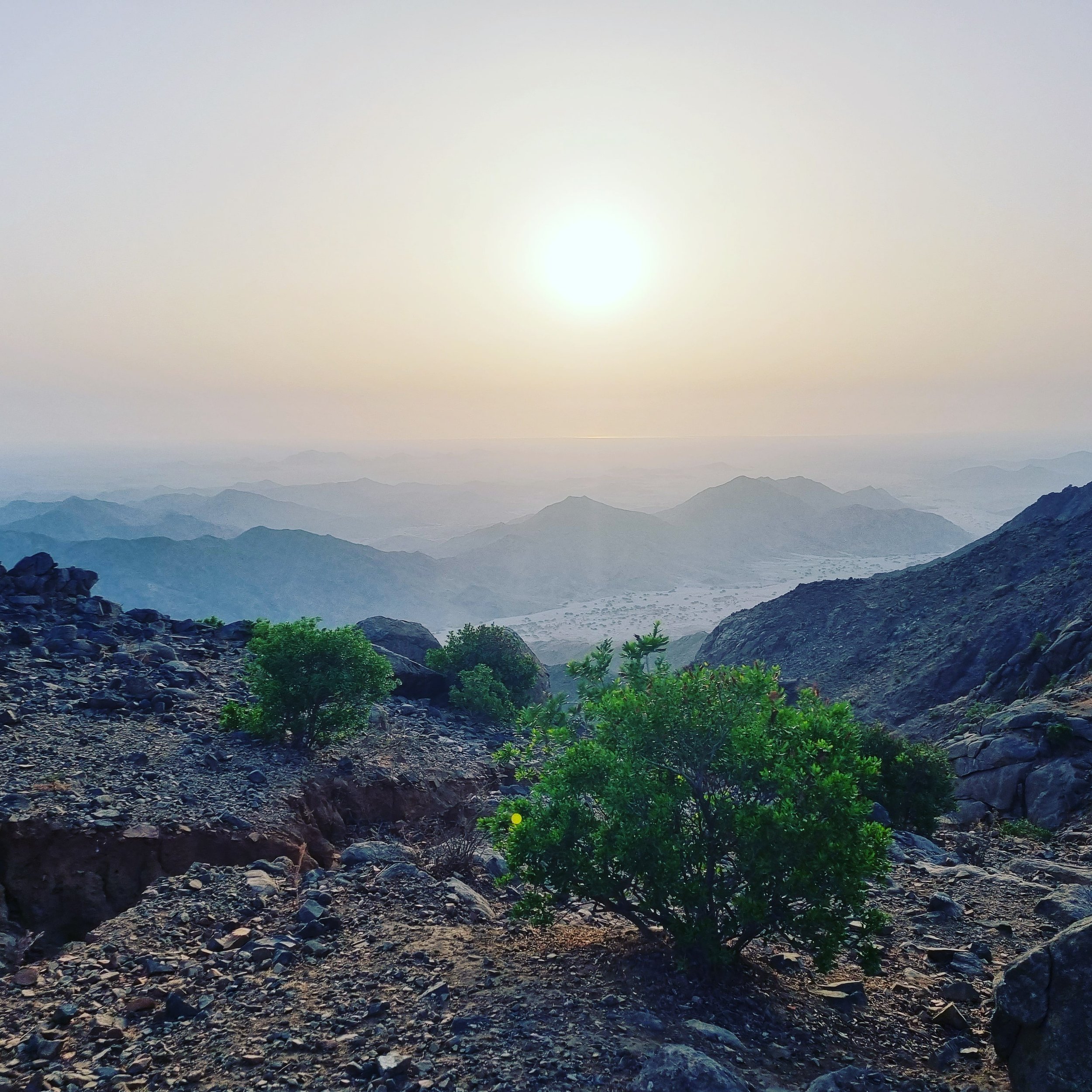
Red Sea Resilience
Building a Sustainable Future
Addressing Climate Change, Biodiversity Conservation and Socio-Economic Challenges in Sudan's Red Sea State.
We aim to enhance socio-economic opportunities through the sustainable conservation and resource management of biodiversity hotspots, resulting in tangible improvements in poverty reduction, land governance and equity, gender equality, and climate change resilience.
In Sudan's ecologically significant Red Sea State, SUDIA concentrates its efforts to address the urgent intersection of climate and socio-economic challenges, pre-existing but worsened by ongoing conflict. This vulnerable region is threatened by rainfall variability, rising temperatures, and unsustainable resource use, which impact livelihoods and accelerate ecological decline. Our work specifically targets the globally important marine protected areas of Sanganeb Atoll and Dungonab Bay – Mukkawar Island National Park (S-DBMNP), a UNESCO World Heritage site, and the biodiverse Erkowit terrestrial reserve, a critical ecological transition zone. These strategic locations are key to our integrated approach, aiming to achieve both conservation and socio-economic development for local communities in the face of climate change and the wider national context
Context and Geographic Area of Focus
Heavy rainfall in the steep mountainous Erkowit Plateau causes severe soil erosion, stripping fertile topsoil, exposing tree roots, and forming deep gullies, leading to significant environmental damage. This triggers vegetation loss, higher landslide risk, habitat destruction, water contamination from sediment, altered water flow, and long-term land instability. Consequently, the unique biodiversity and ecological balance of the Erkowit Plateau, along with the livelihoods of its dependent communities, face a serious threat.

Heritage under Threat
The Red Sea harbors a network of vital marine protected areas, including the World Heritage site of Sanganeb and Dungonab Bay – Mukkawar Island Marine National Park (S-DBMNP), renowned for its exceptional coral reefs and biodiversity. However, this ecological treasure, like other Red Sea MPAs, faces significant threats to its biodiversity from climate change, unsustainable resource use (including damaging fishing practices and pollution), and natural impacts like coral bleaching.
Socio-economically, the resident Beja communities in Dungonab Bay and Mohamed Qol endure multi-dimensional poverty, exacerbated by drought, reliance on exploitative small-scale fishing, and limited access to essential services.















